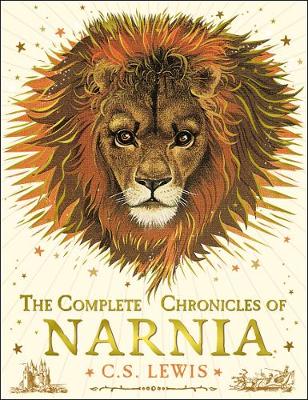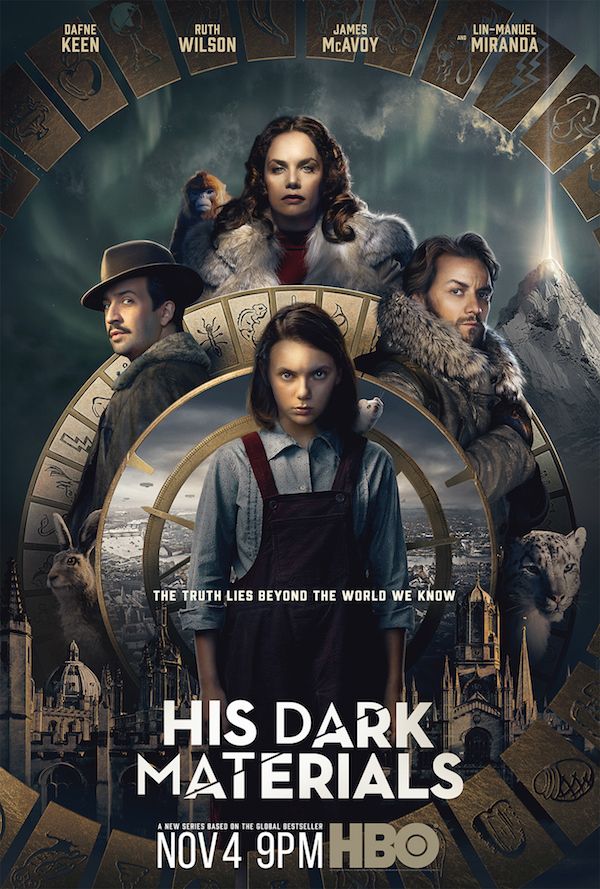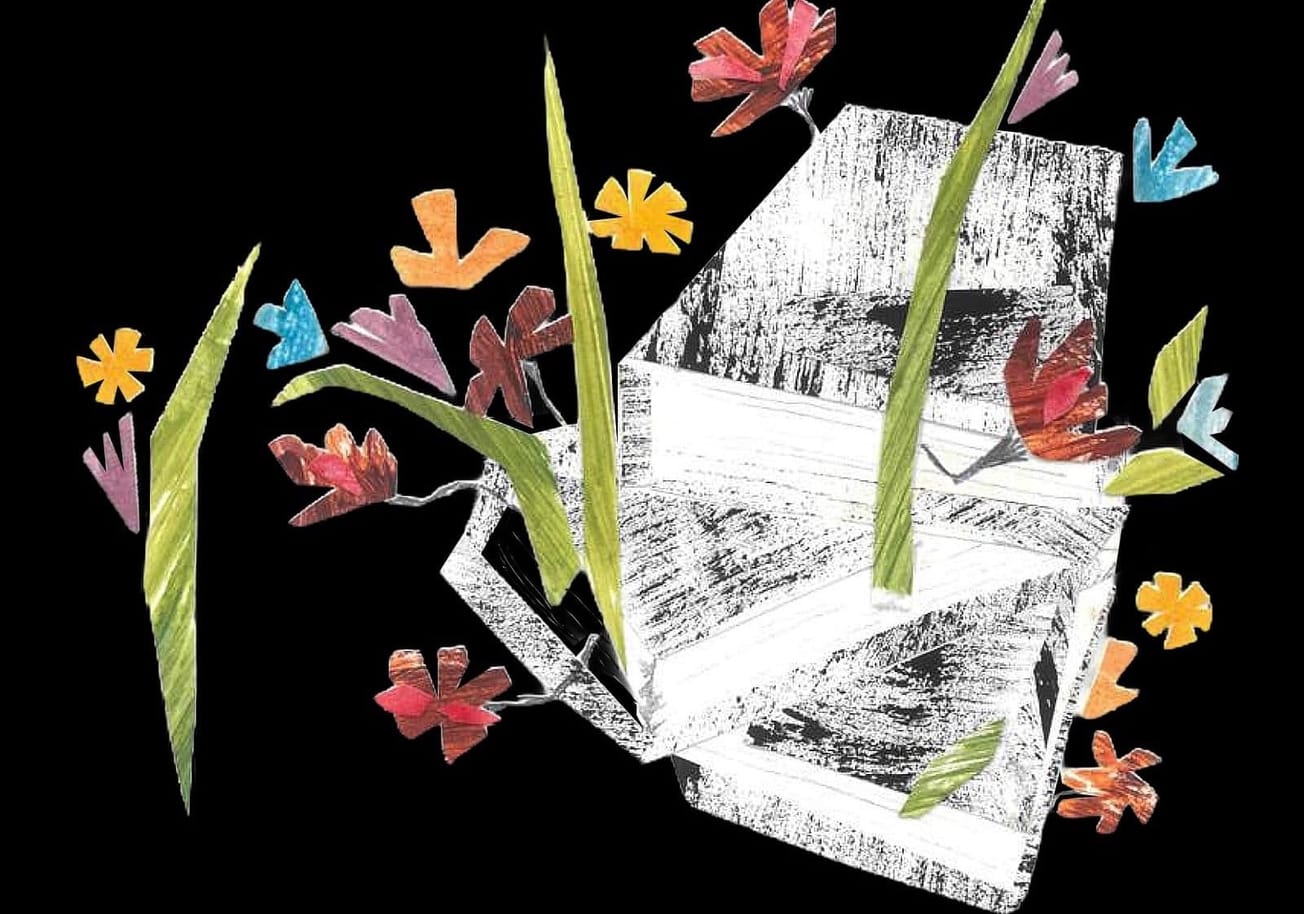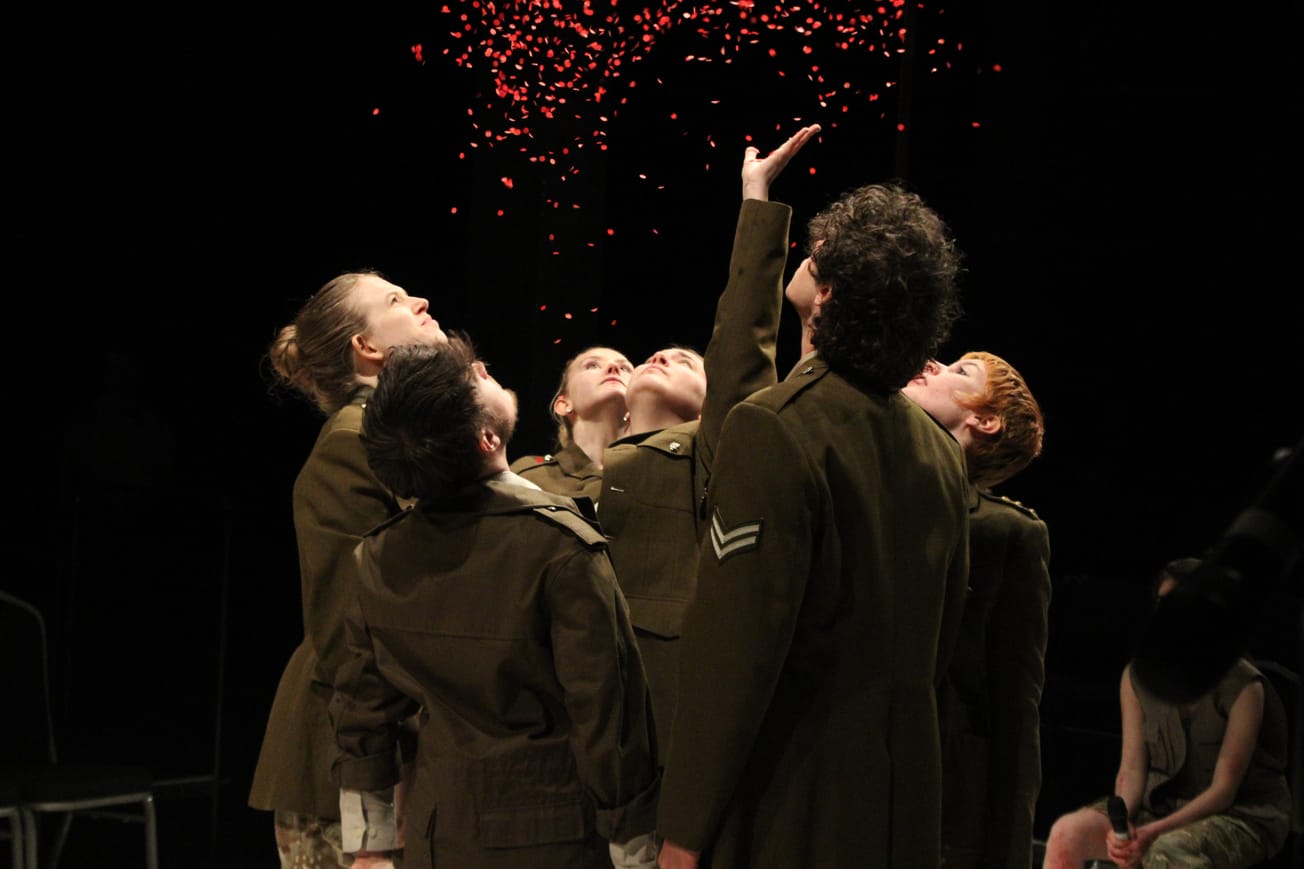By Alice Lampard, Fourth Year Veterinary Science
On the 29th November 1898, C.S. Lewis was born. Just days before his 65th birthday, on the 22nd November 1963, he died. But his stories will live on forever.
To celebrate the life of this beloved novelist, it seems appropriate to consider his most well-known work, a series loved and admired everywhere by children and adults alike: The Chronicles of Narnia.
Most youngsters these days will be familiar with this incredible story via the film adaptations of three of the seven books from the series – all following the same principle characters. However, as with many adaptations, they stray from the epic tales in the book series, lacking its detail and symbolism, much of which could never be accurately portrayed on screen.

Due to the success of the films, it may come as a surprise to some that the seven books do not solely focus on Lucy, Edmund, Susan and Peter: instead, they follow many characters and many different story lines, spanning across a range of different time periods - but of course, they all take place in the same magical, mysterious world.
Another consequence of the film series is that there is often some confusion regarding the order of the books. Lewis wrote The Lion, the Witch and the Wardrobe first, not intending to create a series of books, but then five years later wrote The Magician’s Nephew, a novel which outlines how the world of Narnia came to be.
The films stray from the epic tales in the book series, lacking its detail and symbolism, much of which could never be accurately portrayed on screen
Reading this book, which comes first chronologically, after seeing the first film and therefore being familiar with the story of the second book, is a truly remarkable experience. Lewis beautifully depicts how his world was created and why things are the way they are, which makes complete sense when considering the following tale. The sense of awe combined with the wonderful feeling of thinking ‘woah - that’s so clever and makes so much sense!’ makes the first book of the series a delightful read for any age. A classic example of this is the origin story of the magical wardrobe (something which features heavily in The Lion, The Witch, and the Wardrobe). Upon reading The Magician’s Nephew we discover that the wardrobe is made from the wood obtained from a descendant tree which originated in Narnia, brought back to ‘our world’ by the young protagonist as the seed in an apple core.
As with many fantasy series, the principal theme of these stories is the fight between good and evil; the battle between right and wrong. However, what makes the series stand out in my opinion are the beautiful analogies and clever allusions to Christianity. As a Christian writer and scholar, most of Lewis’s work is commended for its religious images and references. His portrayal of strong biblical themes through the realms of fantasy and children’s adventure makes these works so powerful and enjoyable; both for those of faith and those without.
What makes the series stand out in my opinion are the beautiful analogies and clever allusions to Christianity
Not only is this series a standout work in its own right, it has also inspired many fantasy writers and stories throughout the post-WWII era. A key example is His Dark Materials by Philip Pullman; an extremely popular book series containing the same themes and values as Lewis’ series, but without the biblical allusions. The first book of this series was adapted into a film – The Golden Compass – which had limited success. His Dark Materials has recently hit the screen again however, being made into a BBC TV series which has received several outstanding reviews.

These aren’t the only famous stories which have been influenced by Lewis. Although the similarities are perhaps less obvious, J.K Rowling has stated that some aspects of her world were creations influenced by or adapted from ideas portrayed in The Chronicles of Narnia series.
It is clear that Lewis has had a significant impact on fantasy literature. The mystery and adventure of his magical world makes the Narnia series an ideal story for children, but the thought-provoking themes, historical references and biblical imagery also makes these novels intriguing and entertaining for teenagers and adults alike.
Featured Image: Unsplash / Matthew Hamilton
Did you read the Narnia series growing up? Are you a fan of C.S. Lewis?







